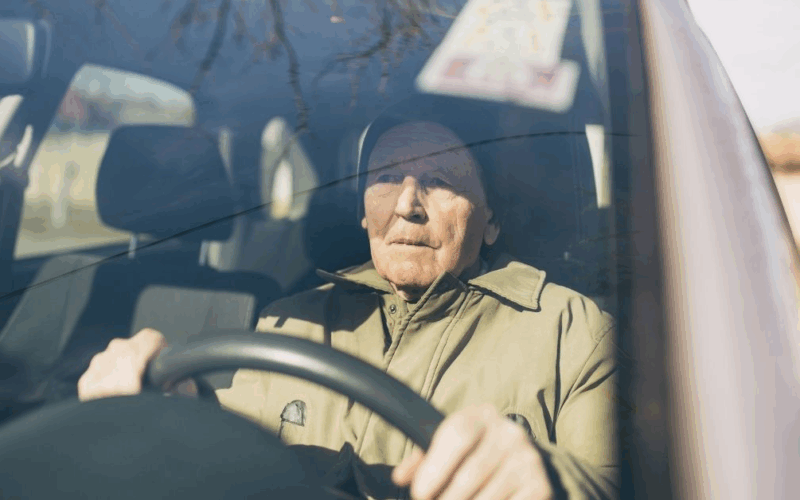New York, NY – As New York’s population ages, questions about the safety and regulation of elderly drivers have become increasingly important. Many residents wonder if the state imposes age limits on drivers, especially given concerns about diminished sight, hearing, and reaction time among senior citizens. While some advocate for restrictions to enhance public safety, others emphasize the need for independence and mobility for older adults.
In this article, we explore New York’s current stance on elderly drivers, the medical evaluations involved, and the broader context of driving safety across the state.
New York’s Approach to Elderly Drivers and Age Restrictions
Contrary to some assumptions, New York State does not impose a maximum age limit on licensed drivers. According to the New York DMV, older adults are encouraged to continue driving for as long as they do so safely. However, the state prioritizes safety through medical reviews and licensing requirements tailored to individual health conditions.
Medical conditions can trigger license suspension. If a physician reports a health issue impacting driving ability, DMV can suspend a driver’s license until a medical professional certifies that the condition is managed and does not impair driving skills. This Administrative Review remains in effect until cleared by both DMV staff and a medical consultant from the New York Department of Health.
In addition, drivers must pass a vision test to renew their licenses. Hearing impairments and other medical conditions may also affect driving privileges, ensuring that safety remains paramount without setting arbitrary age caps.
“As you grow older, it’s only natural to want to continue driving for as long as you can do so safely,” states the New York DMV.
State Laws on Distracted Driving and Road Safety
While age limits are not imposed, New York enforces strict regulations that apply to all drivers, including the elderly. There have been rumors about a “No Touch” law, but New York’s hands-free law has been firmly in place for some time.
Under current state law, using a hand-held mobile phone or electronic device while driving is illegal. Prohibited activities include:
- Talking on a handheld phone
- Sending or reading texts and emails
- Viewing, taking, or transmitting images
- Playing games or browsing the internet
This strict stance on distracted driving helps protect all road users, including vulnerable elderly drivers.
Where Are New York’s Most Challenging Driving Environments?
Driving safety challenges extend beyond age, with certain cities and towns experiencing higher incident rates. According to Lending Tree, incident rates incorporate speeding tickets, at-fault accidents, DUIs, and other violations, revealing some of the toughest places to drive in New York State.
- 5. Ithaca – averages 6.1 incidents per 100 drivers
- 4. Albany – averages 6.5 incidents per 100 drivers
- 3. White Plains – averages 7.3 incidents per 100 drivers
- 2. Binghamton – averages 9 incidents per 100 drivers
- 1. Schenectady – tops the list with 10.6 incidents per 100 drivers
Interestingly, New York City is not among the worst cities for driving incidents, which may surprise many residents.
Balancing Independence and Safety for Elderly Drivers
The issue of driving among elderly New Yorkers is complex. Many older adults rely on driving as a key form of independence, especially those without family support or financial resources to hire transportation. While safety concerns are valid, the DMV’s approach aims to balance personal freedom with public safety by focusing on individual medical evaluations rather than blanket age restrictions.
For more details on New York’s driving regulations and medical reviews, visit the original source at NewsBreak.
Key Takeaways:
- New York does not impose an age limit for obtaining or renewing driver’s licenses.
- Medical conditions affecting driving can lead to licensing suspension until cleared by physicians and DMV consultants.
- Drivers of all ages must comply with strict hands-free laws to minimize distractions.
- Some New York cities, including Schenectady and Binghamton, have notably higher incident rates.
- Vision and hearing tests are mandatory components of license renewal, ensuring elderly drivers meet minimum safety standards.




